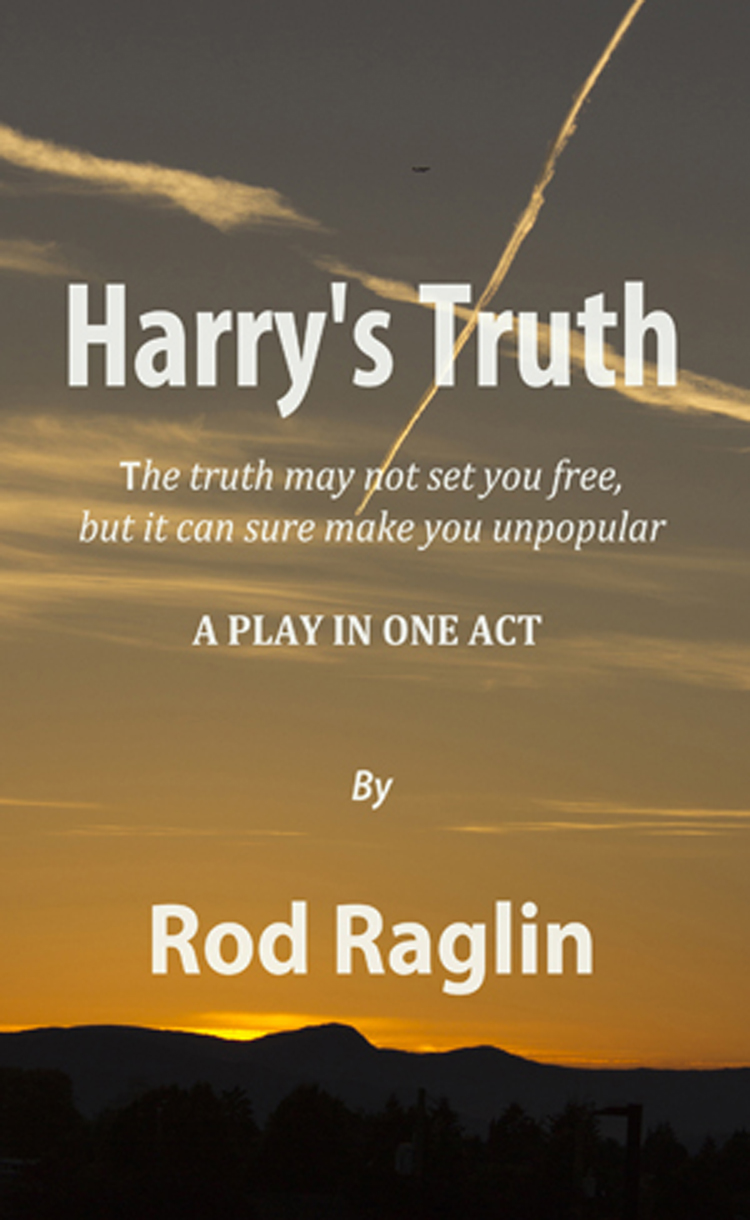FREE E-BOOK - June 20-24
END OF THE ROPE - A Play in 4 Acts
Download your copy now at
https://www.amazon.com/-/e/B003DS6LEU
When you rope up you put your life into the hands of your climbing partner. But what if you've just ruined his?

Craig, Whit and Milt are friends, have been for a long time. They've grown up together, but the friendship forged as young boys is getting tested as they grow into men - men with different perspectives and priorities.
Their love of climbing has kept them together. On the rock faces of the mountains they are as they once were - a team, a unit, loyal and committed. The ambiguous world of careers and relationships is left below - or is it?
Since he can remember, Craig's loved Jennifer. He can't wait for them to get married, he's even bought a house.
When she breaks it off saying she's not ready, he's hurt and confused, but if Jennifer needs more time he can wait. He's been waiting all his life for her so what's a few more months?
Then she starts dating Whit.
Whit doesn't do relationships, but that doesn't seem to matter to the many women who compete for his attention. He doesn't understand what Jennifer represents to Craig, can't even begin to imagine it, but just the same he'd never hit on a friend's woman.
But, hey, it's a free country, right, and Jennifer's warm and willing, and after all it's been about, what, two months since she dumped Craig. He needs to get over it.
Milt sees the potential for trouble, but he has his own problems. His new wife, Samantha, thinks her husband's band of brothers are a bad influence. She wants him to grow up and give up these juvenile escapades.
It's a constant battle for Milt to maintain some independence and now the tension between his friends makes him wonder if it's worth it.
This is not the way to start a challenging climb - filled with anxiety, anger and resentment. On a sheer granite wall distractions kill you. You need singularity of purpose, a clear mind and a focus that's finite.
Now Whit's goading Craig to try a new route, Craig's worried that the weather's breaking down, and Milt's frantic because his cellphone's broken and he can't report in to Samantha.
Everyone's just about at the end of their rope, but only figuratively - for now.
"Twenty pages of truth."
"...couldn't review it as I usually do, immediately ... The play was still resonating in my mind. I was still discovering nuances to plot and characters, savouring relationships. The End of the Rope is a powerful piece of writing."
"Readers with a paper copy... profit from all the attention invested in stage instructions. It makes the play come alive in our minds."
- FIVE STARS, C. Widmann, Goodreads review
CLICK HERE TO WATCH THE PROMO VIDEO
https://animoto.com/play/ML1sDjBXjg9yYw7bYdLGpw

 Log in with Facebook
Log in with Facebook 









